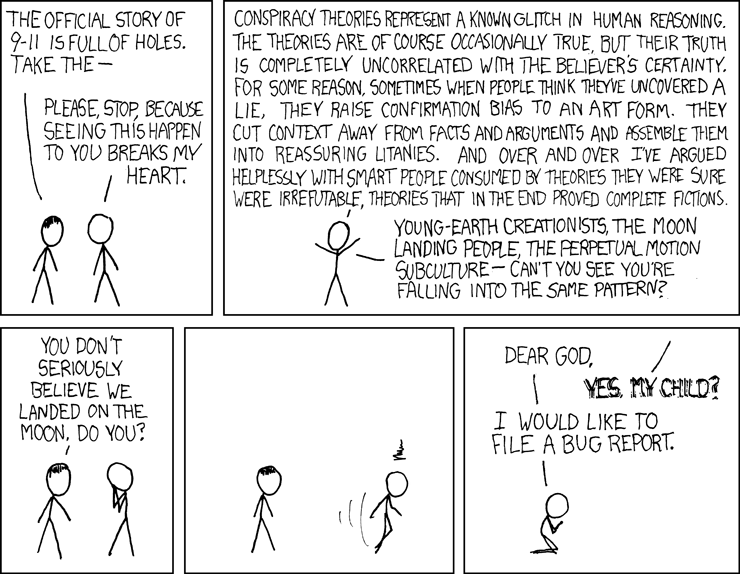Ben Goldacre seems to be on holiday. (His most recent post on badscience.net was dated 18 July.) The temporary absence of the scourge of pseudo-science may have given the green light to new levels of absurdity.
The Times Science Editor, no less, wrote that
Women are getting more beautiful
FOR the female half of the population, it may bring a satisfied smile. Scientists have found that evolution is driving women to become ever more beautiful, while men remain as aesthetically unappealing as their caveman ancestors.
The researchers have found beautiful women have more children than their plainer counterparts and that a higher proportion of those children are female. Those daughters, once adult, also tend to be attractive and so repeat the pattern
Now, being in the female half of the population, I’m not showing a satisfied smile. In fact, he only physical expression that you could detect me making would be the Sign language sign for “bullshit”, which a QI repeat showed last week.
(Arms crossed on your chest, with the fingers of one hand making horns and the fingers of the other hand opening and closing as if to drop a load. How beautifully expressive is that?)
If I knew the Sign Language for “ideological and sexist bullshit”, I’d be putting that here instead. But I bet even Steven Fry doesn’t know that one.
“Beautiful” women have more children? Can anyone pretend for one second that there is an objective standard for beauty? Ideals of beauty vary enormously over time and between cultures. Indeed,you wouldn’t find agreement on a common standard between people living a few miles apart. (Certainly not in the city where I live.)
And “having more children”, nay even, having more female children? WTF. That might have been a sign of evolutionary success in the paleolithic, but would surely have depended much more on the capacity to raise children to adulthood than to breed them even then. In modern societies, having a smaller number of offspring is pretty well directly associated with higher levels of education, health and wealth, at the household level, and with economic development, at the social level.
To follow the “logic” of this argument, uglier women would be more reproductively successful in modern society, then, surely?
Quite apart from anything else – because I’m bored with pointing out blatant absurdities in this report – just look around. Opening your eyes on any public street will soon put paid to any idea that good-looking people reproduce more than homely people.
This is the nub of the science bit:
In a study released last week, Markus Jokela, a researcher at the University of Helsinki, found beautiful women had up to 16% more children than their plainer counterparts. He used data gathered in America, in which 1,244 women and 997 men were followed through four decades of life. Their attractiveness was assessed from photographs taken during the study, which also collected data on the number of children they had.
Hmm, that sounds sciencey but, just having numbers in doesn’t make it science. (Pause to remember that “up to 16%” more children can include anything from fewer children right up to 16% more. )
I can’t find this study online, although there are plenty of newmedia refernces to it. The only works I can find with the name of Markus Jokela are apparently legit: a study of childhood risk in the the Journal of Child Psychology and Psychiatry and a study of IQ, Socioeconomic Status and Early Death: The US National Longitudinal Survey of Youth in Psychosomatic Medicine.
I’m pretty tempted to let Dr Jokela off the hook here and suggest that the whole beautiful women reproduce more “study” is an obscure internet jokela. One can but hope.
In any case, Ben Goldacre, please stop sunning yourself, and sort this nonsense out.


